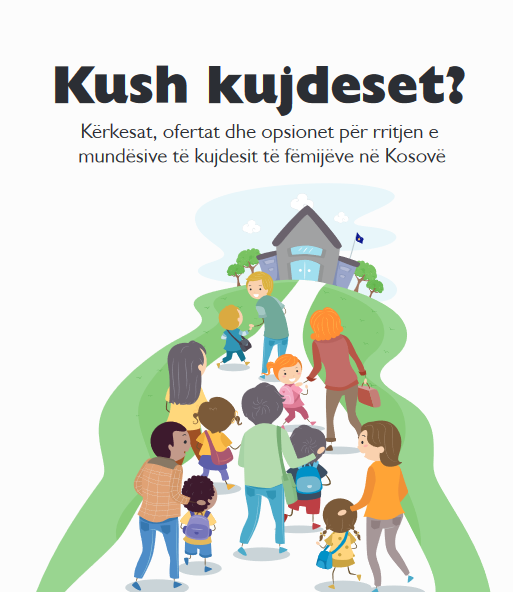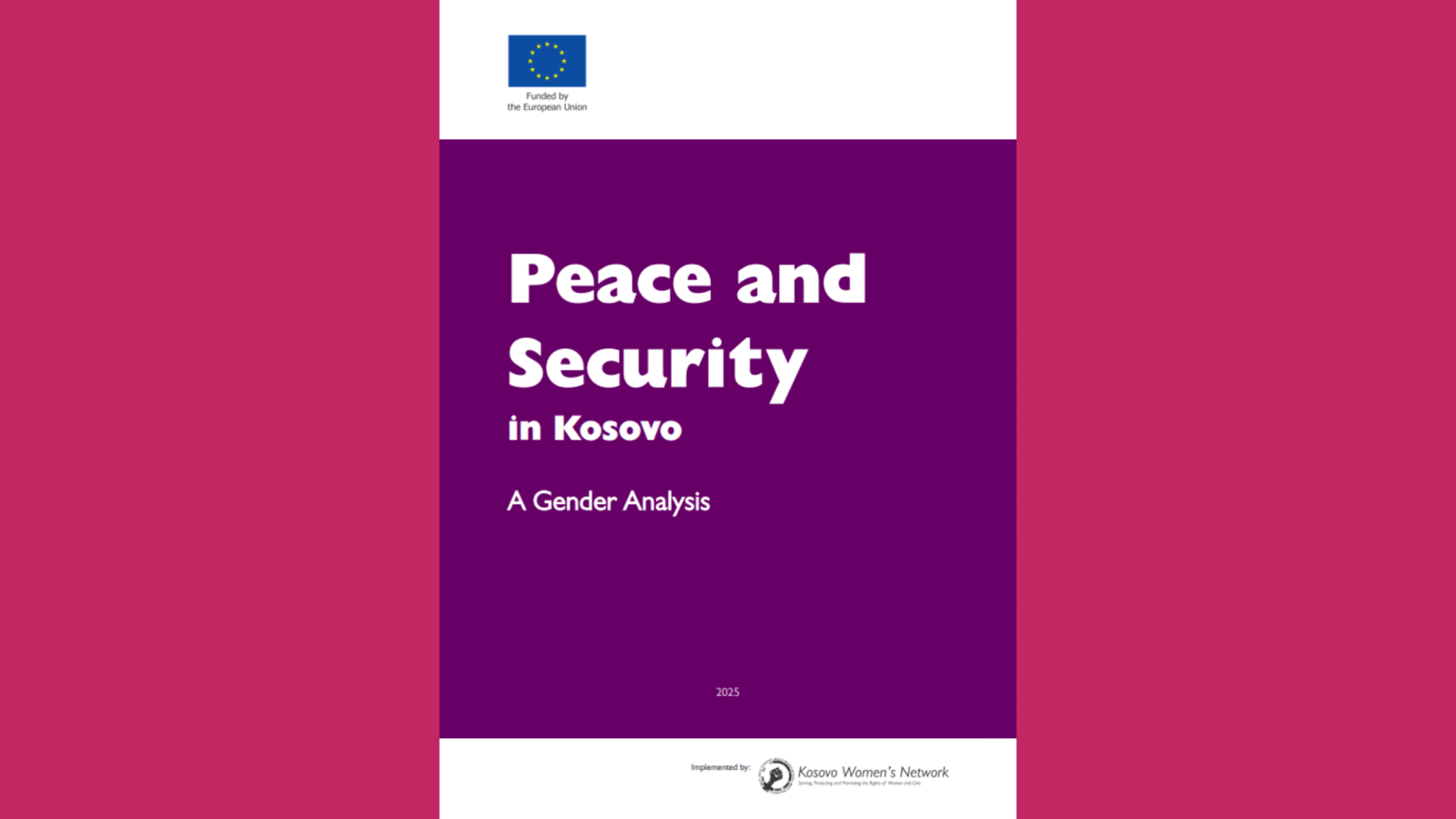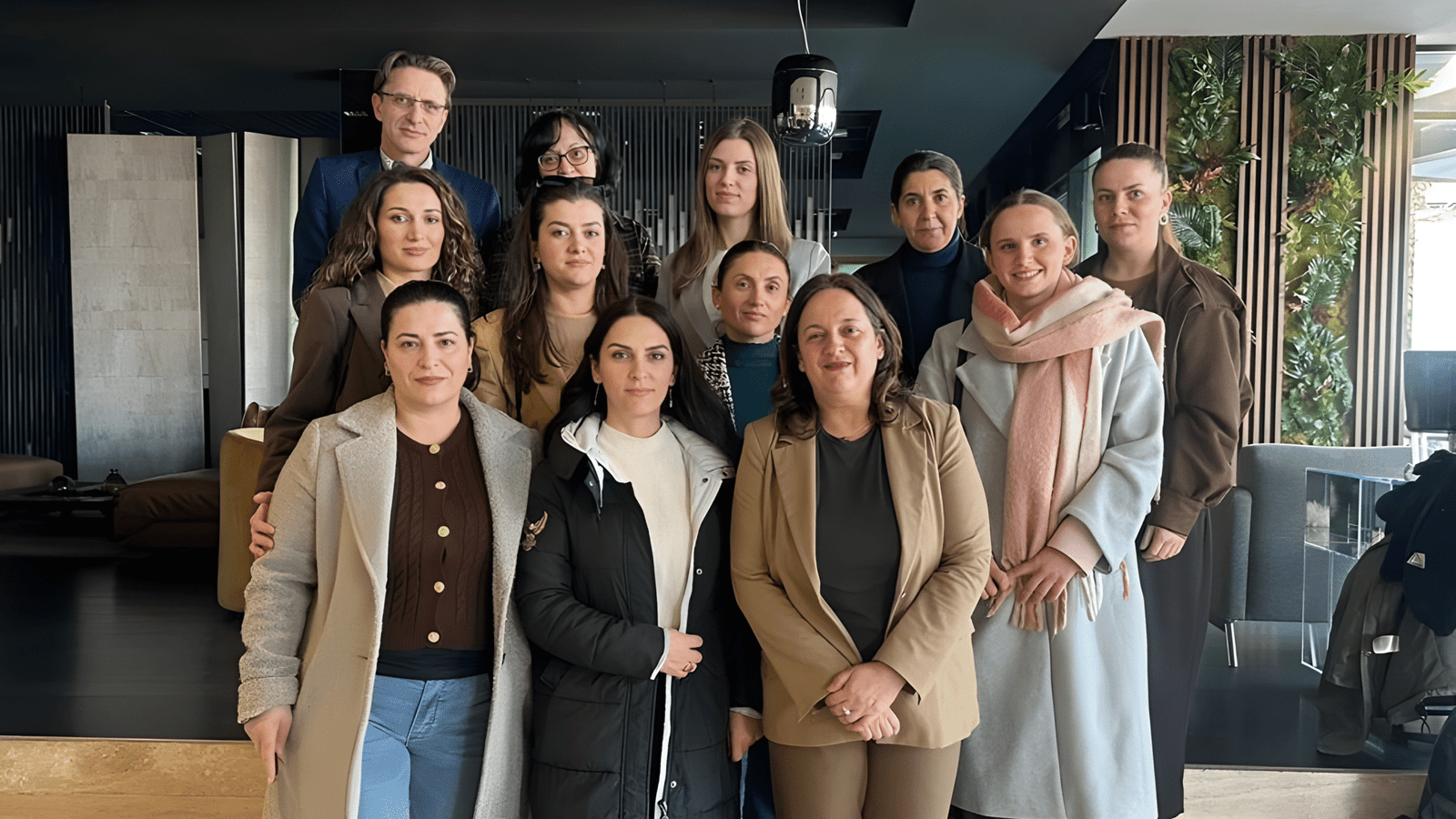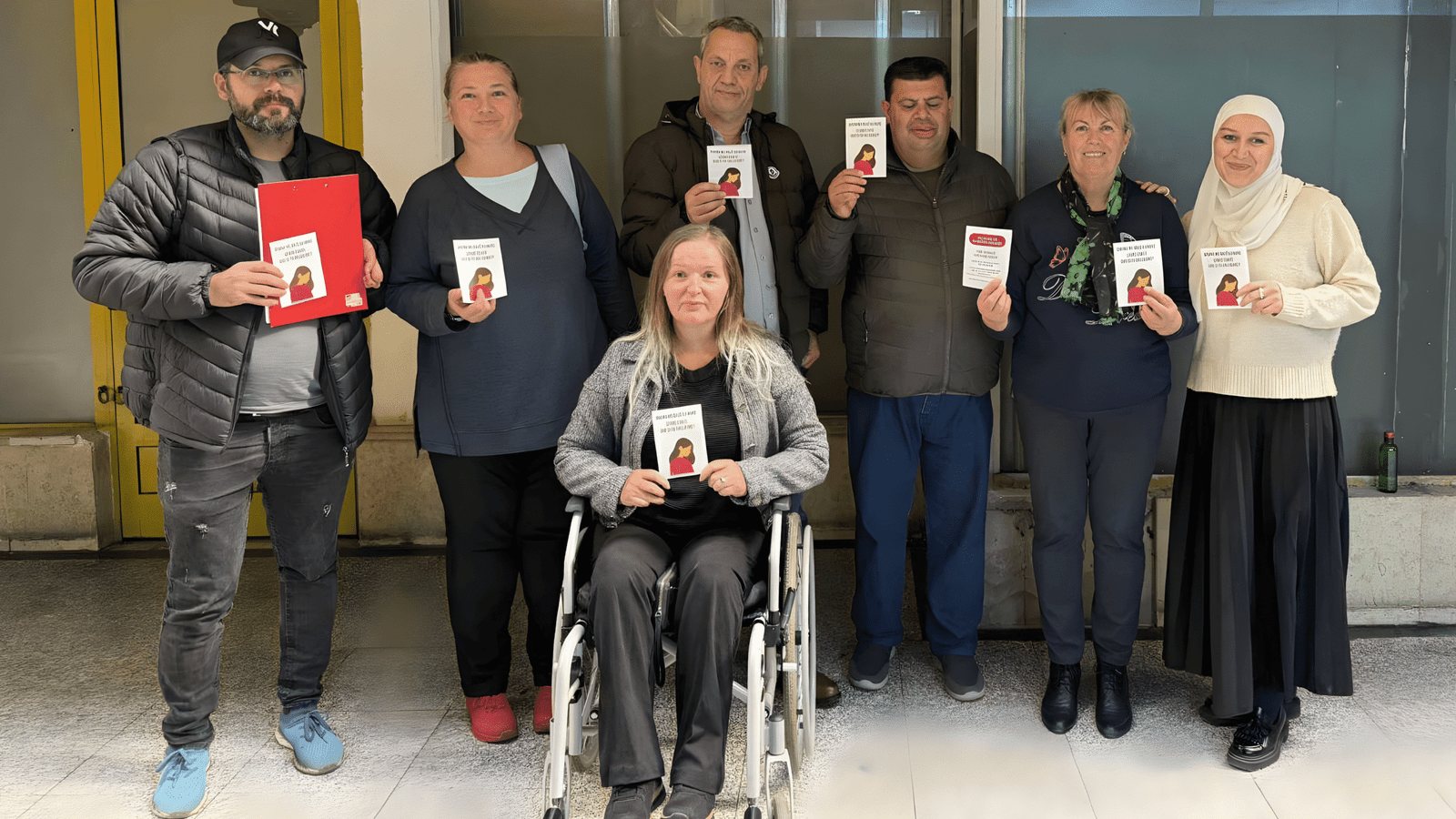On 1 Nov. 2016, the Kosovo Women’s Network (KWN) and Promoting Private Sector Employment (PPSE) Project officially launched a new report: Who Cares? Demand, Supply, and Options for Expanding Childcare Availability in Kosovo.
Written by KWN, this research examines the level of demand for childcare in Kosovo, current supply by public and private service providers and the still unmet demand for childcare in Kosovo. The research found that only an estimated 15.5% of Kosovar children have access to childcare in Kosovo currently. Children residing in rural areas in particular lack access to childcare, and 12 municipalities do not seem to have any childcare facilities available at all. Further, 88% of unemployed women interviewed through the 2016 study said they would seek employment if they could find childcare for their children.
“Several studies have shown that care responsibilities at home contribute to women’s low participation,” the report states. “Traditional gender roles and responsibilities in most cultures have assigned unpaid care work to women. Unpaid care work can impact negatively women’s education levels, labour force participation, political involvement and poverty levels later in life.”
In the context of women’s low labour market participation in Kosovo (18.1%) and government priorities to increase access to pre-primary education, stated in the National Development Strategy, this report puts forth several models that could be used towards expanding childcare availability in Kosovo. Transforming presently unpaid childcare services, provided primarily by women, into paid services can create thousands of new jobs for men and women, the report argues, amounting to €50.6 million in new earnings annually. Further, investing in expanding childcare availability in Kosovo can contribute to children’s improved educational achievement and women’s increased labour force participation.
During the official launching event, participants had the opportunity to discuss first-hand with practitioners different models of public-private partnerships, private co-financing, and community-based childcare centres.
Since PPSE and KWN strongly believe that evidence can inform action, the presentation was followed by PPSE’s call for applications for its Opportunity Fund, towards expanding childcare availability. Through this Fund, PPSE will provide grants to private businesses, community-based initiatives, public administrative units and CSOs interested in investing in sustainable solutions for expanding childcare in Kosovo. For further information, visit: www.ppse-kosovo.org.
Focusing on five geographic areas, this research involved a random household survey of 491 unemployed women with children, a survey of 519 employed women and men, interviews with 61 employers, interviews with 51 public and private childcare centres, and interviews with public officials.
This publication and event was made possible by the Promoting Private Sector Employment (PPSE) project, led by a consortium of Swisscontact as lead partner, Riinvest Institute and PEM Consult, and financed by the Swiss Agency for Development and Cooperation Office in Kosovo.
The report is available in English, Albanian and Serbian at: Who Cares? Demand, Supply, and Options for Expanding Childcare Availability in Kosovo







